As 2019 comes to a close, our man Skelton bemoans the backwards nature of looking forwards.
As much as I immerse myself personally and professionally into the word of classic cars, I can’t escape the world of moderns purely and simply because I work and socialise with a number of ardent petrolheads. Even if I didn’t, the national news would keep them at the forefront of my mind, not least through stories such as the recent high profile and slightly disrupted unveiling of the Tesla Cybertruck. Part of me wonders if the styling and the non-bulletproof windows were in fact clever PR ruses, and yet the styling at least is exactly what the electric car movement needs. I know, it looks like a Transformer designed by a triangle fan at the age of four. But it’s different, revolutionary just like the Citroën DS was in 1955.

It has overshadowed the launch of the newest British electric vehicle, too – one which sadly shows just what is wrong with automotive design at present, and highlights why the Cybertruck is so good. The Morris Commercial JE has brought back a name long consigned to the history books; defunct since the dear old Metro. Its carbon fibre construction means it’s light, and that means that more of its power can be transferred to its payload. And in a white photo studio as a CAD-esque mockup, it looked truly brilliant. A reimagining of history we could all get behind.
The problem is, Morris also released a video showing it driving innocently around the Cotswolds. And plonked squarely into reality, that retro vibe isn’t Cool Britannia like the MINI was, or even Brit Retro like the Rover 75. It’s comical, cartoonish, and frankly silly. Worse still, they want to charge sixty thousand pounds for the privilege. That means that two Morris JEs can be bought for the same price as three larger, more practical, electric Transits.
Let’s be honest. The target market for this thing isn’t me. It’s the coffee machine brigade you see on street corners in all fashionable cities and at all events in high society. The idea behind the JE is that it’s the perfect green solution to those who will soon be crippled by emissions taxes on modified H-Vans. Harrods might buy a couple too, in the spirit of Rule Britannia, and the Dorchester Hotel might have one in which to collect its supplies.
But why does it have to be so expensive? And why does it have to be quite so cloyingly retro. Because there is a solution out there for those who want an environmentally friendly retro van. EV West in America has just installed a VW e-Golf engine into a 1972 VW Bay Window Type 2. They’re not alone, with companies in the UK including RHEL and Electric Classic Cars offering the opportunity to convert anything from a Reliant Robin to a Rolls Royce to smooth, silent, green power. Imagine how useful a MK1 Transit with Tesla power might be – or how fun a Ford Thames or Austin J4 might be as a coffee bus with petrol-free propulsion? The cost of buying and converting something that isn’t pseudo-retro, but is the real thing, is likely to be far less than the cost of the JE. And it’s relevant – a real piece of history rather than a CAD artist’s holiday through Jacob Rees Mogg’s imagination. If we must have the past evoked, let’s do it with the real thing and get these classic commercials used and enjoyed properly once again – make them into something that can continue to serve as intended well into the 21st century.
And if the idea of actually owning something old doesn’t do it for you, that brings us back to the Cybertruck. The future is supposed to be about new things, new tech, and the design of new tech should embrace the idea of a brave new world. The Cybertruck’s pentangular silhouette might be unusual and slightly scary now – but so was the Cord 810, so was the Citroën DS, so was the Ford Sierra. As times change, design can’t be allowed to stagnate. Convert a classic or drive the future – but pick a side and stick to it.
Retro design represents the worst of both. Classic cars are the custodians of our past. Their designs shouldn’t be hijacked for our future.
Do you agree with Sam? Tell us below!


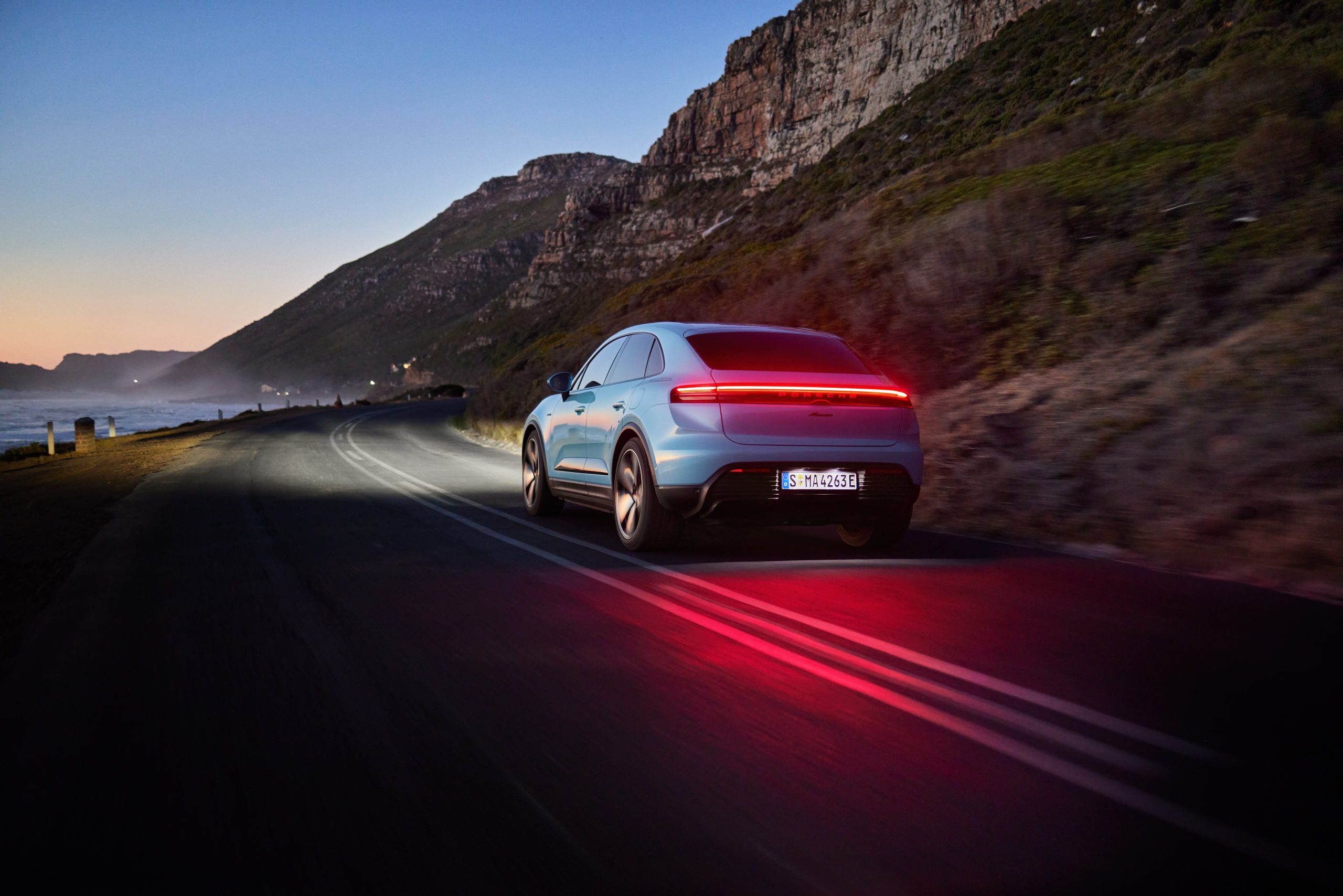
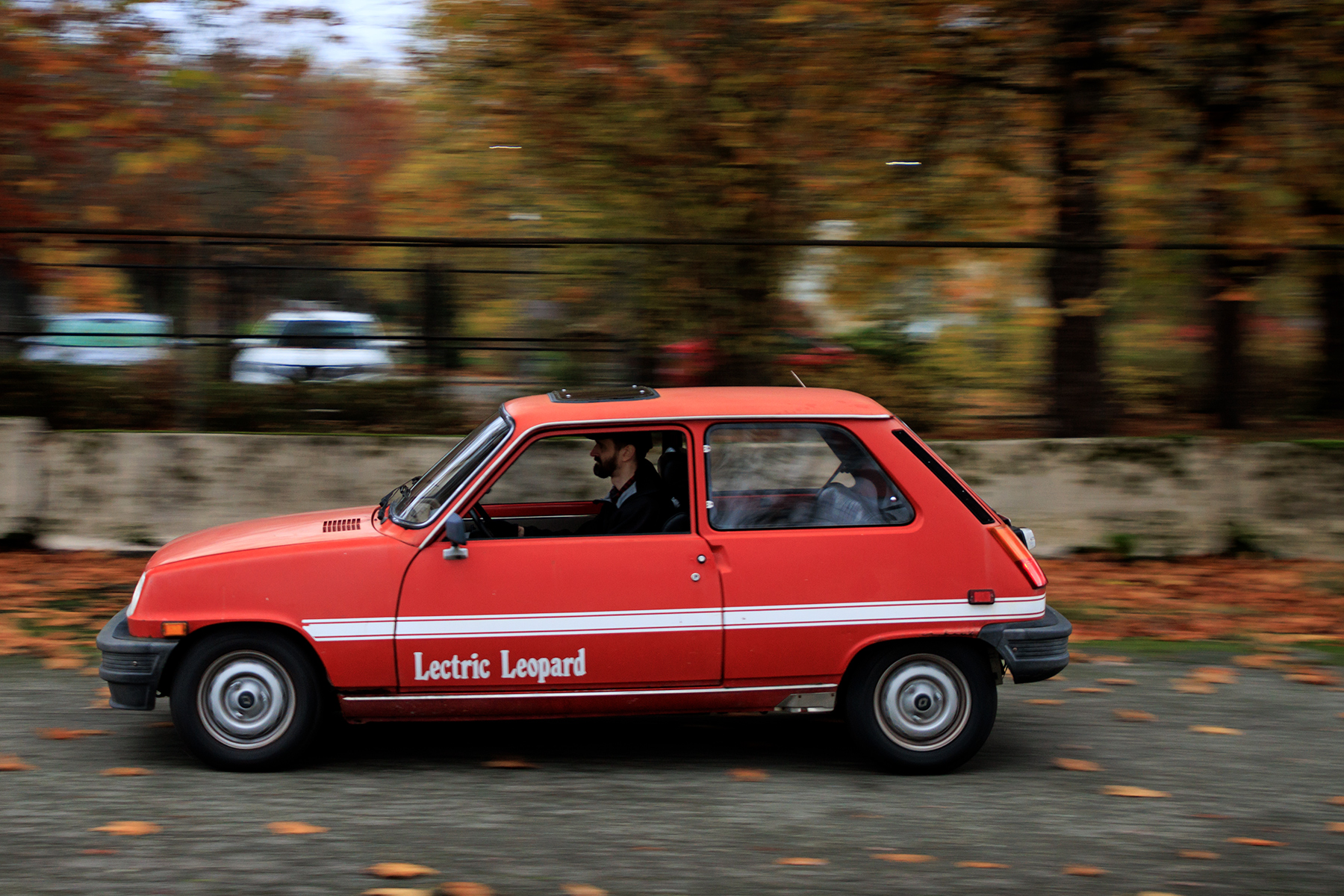



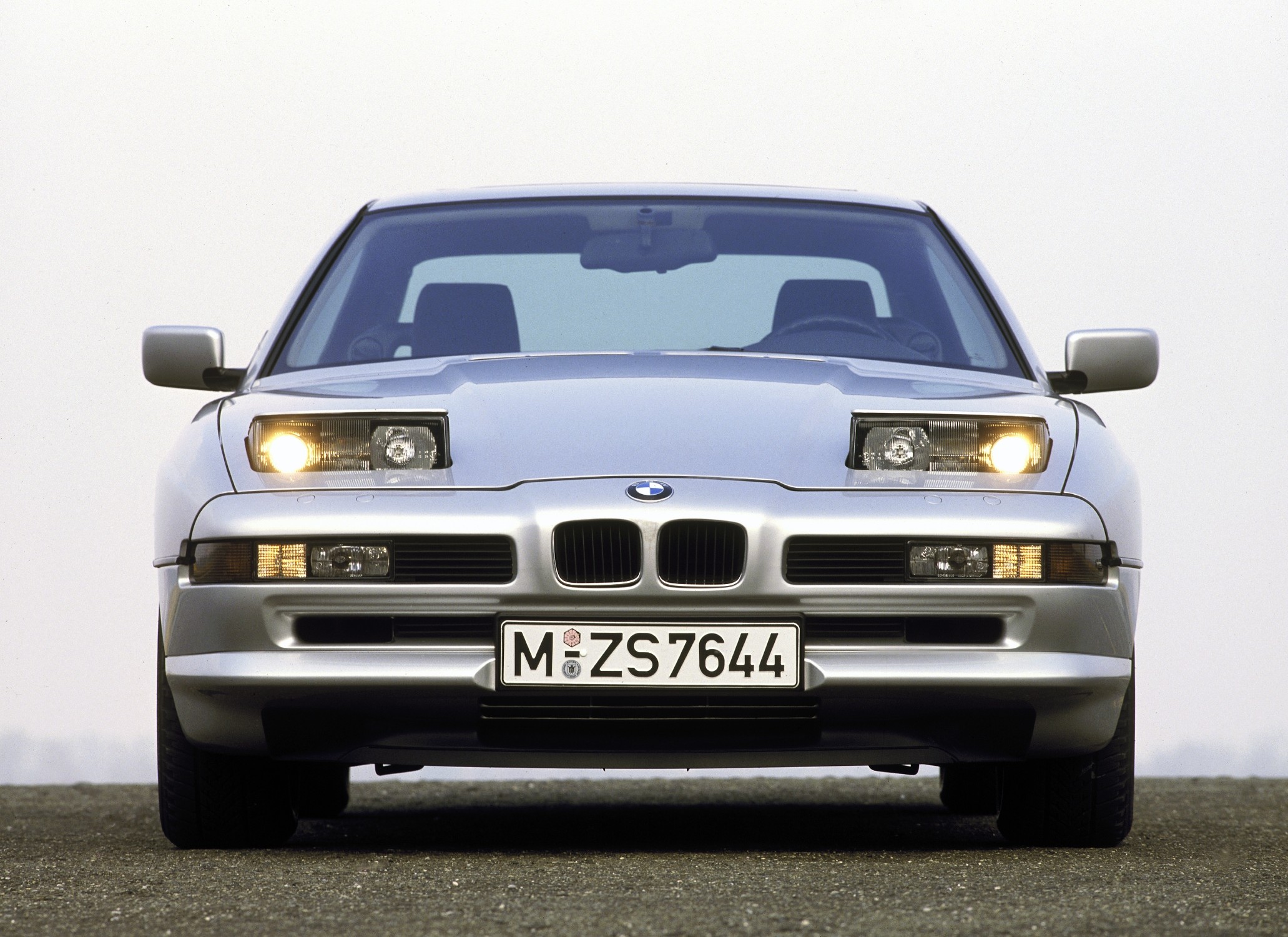

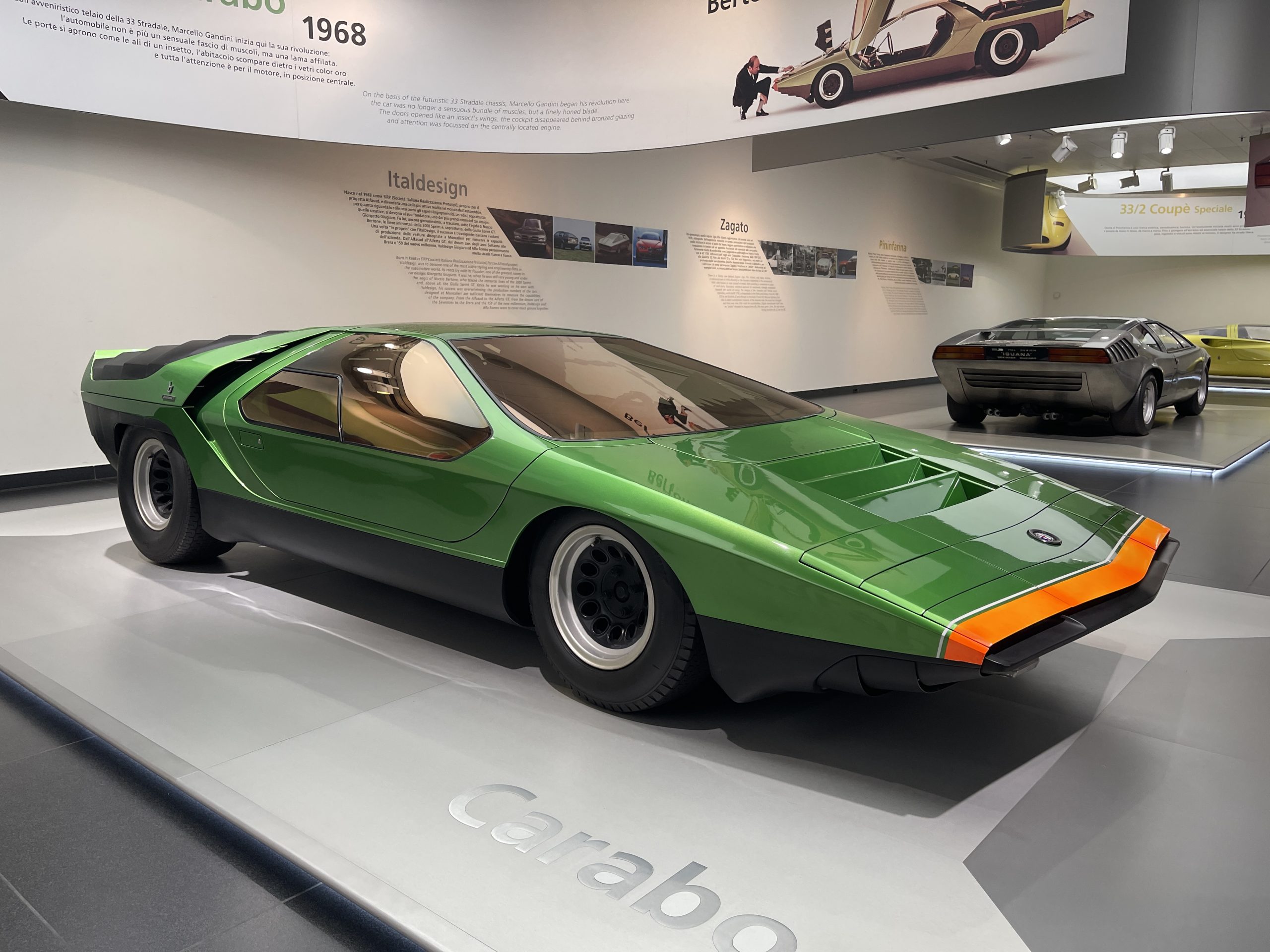
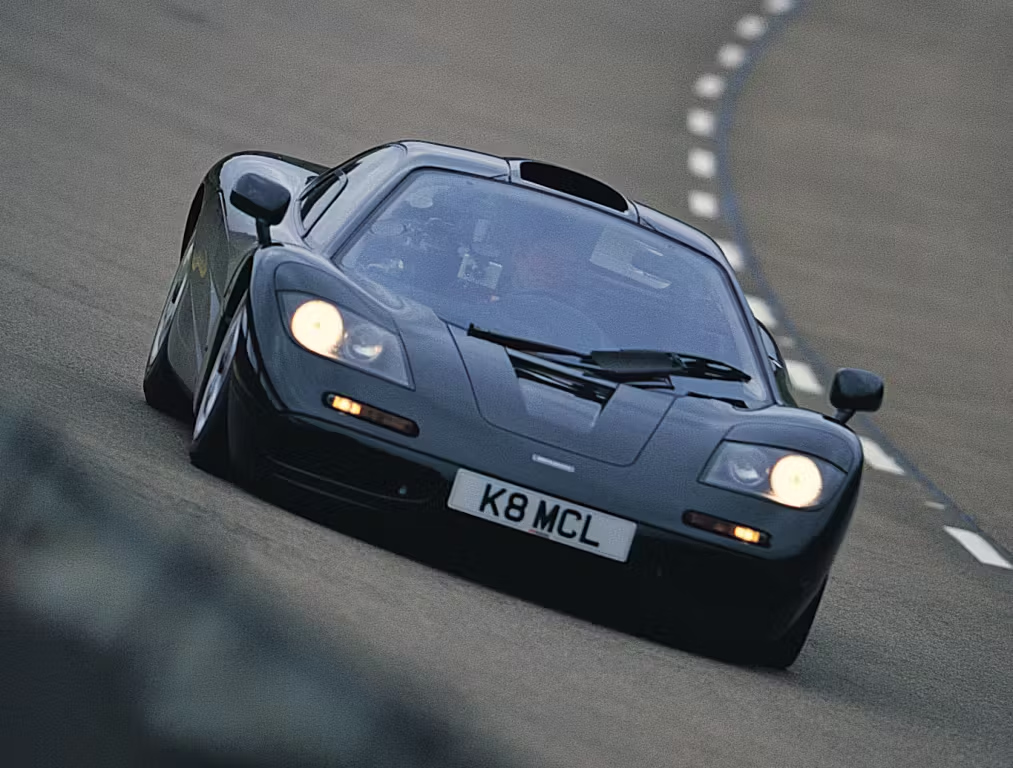

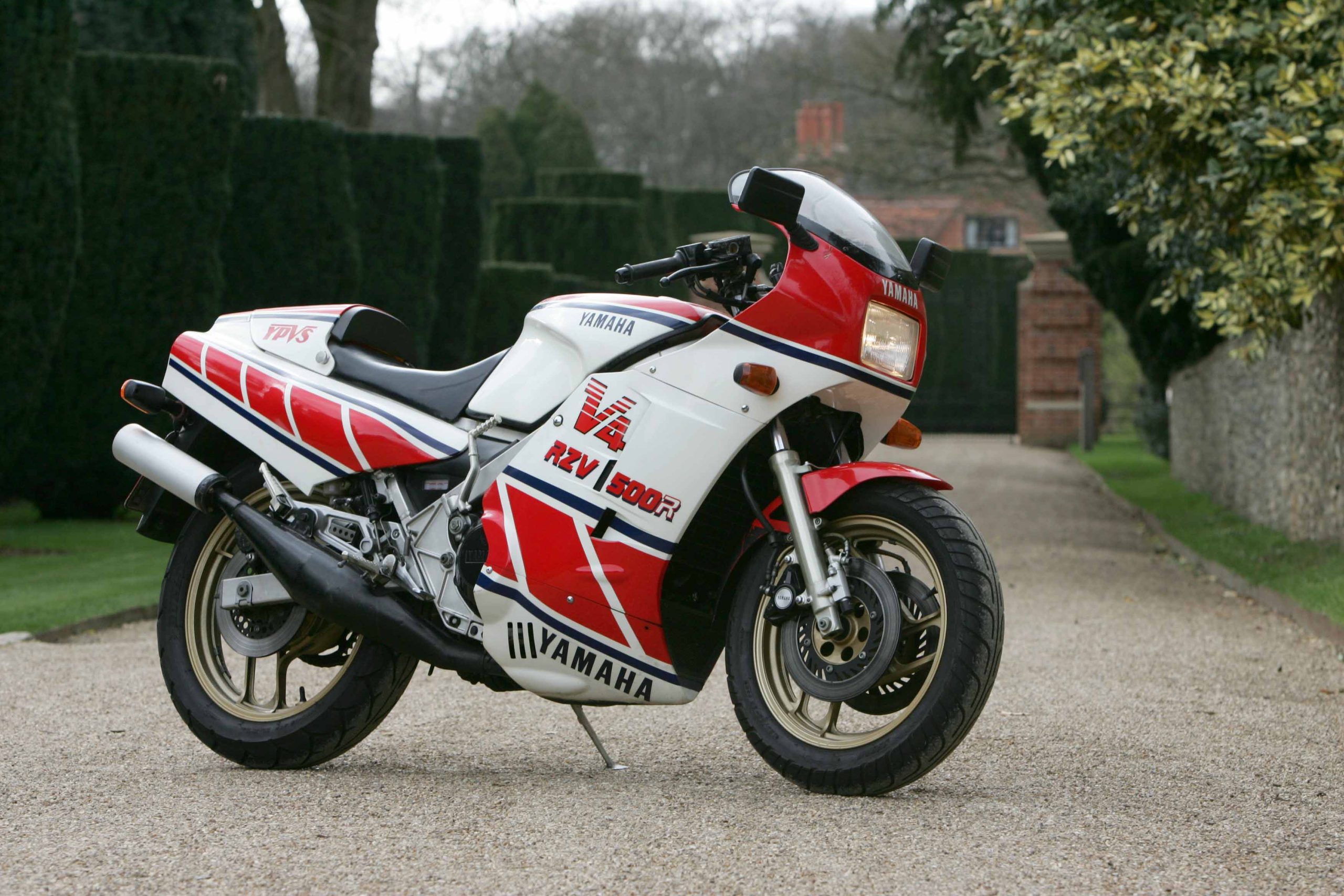
all existing vehicles could be made carbon neutral if we changed our fuel to a non fossil liquid source (and clean too!) see Carbon engineering Ltd https://carbonengineering.com/uses/#case2 Just remove fuel tax on non fossil fuels and it would all take place makes you wonder who is pushing all the EV stuff…..
100 % with you, I honestly can’t see the point, whatever you do it isn’t going to be like the original other than in appearance, but even worse as far as I’m concerned is converting a genuine classic to electric. Do these designers not have an original idea in their heads? Why do they seem to think that the past is better than anything else they can do, if they really tried. Whoever wants an electric E type, or a backward looking Morris van, which incidentally, I drove when they were new. ? Besides which, where’s all the electric power going to come from to charge all the electric cars were exhorted to buy? we don’t have enough power stations or renewable energy as it is. Besides what happens when the batteries die, as they will? I see even Renault is dropping the rental scheme for batteries, have owners of electric cars taken into account that in 5 years, or however long the battery lasts, they are going to have to cough up somewhere about 5k for a new set of batteries, ad infinitum. And that’s without even considering the future, when perhaps new technology makes electric cars uneconomical to buy and run, possibly hydrogen propelled.
Before rushing down the all electric route do some careful research about what your local power company are planning with future supplies. Some are not allowing the installation of fast charging units in domestic properties which could make things difficult. It all goes back to the gov research that said most cars only do 25 miles per day and therefor will not require a full charge from empty.
I actually like this new incarnation of the Morris J type, much preferable to the dreadful VW vans and British as well. Retro styling well done is in my opinion better than most bland modern styling – and I still drive a Rover 75!
I like the retro look and there are several variations on the basic van/pickup theme such as microbus, camper, suv.
I agree with the battery life cost logic. I saw a video where a Tesla hit an object in the road and the plastic drip tray was punctured and the battery cooling system compromised. Another showed flood water damage due to wading a typical street deluge. The logical place for the batteries is in the under-tray for CofG, etc, but they need to be survivable in an unintended off road incident or wading through floodwater.